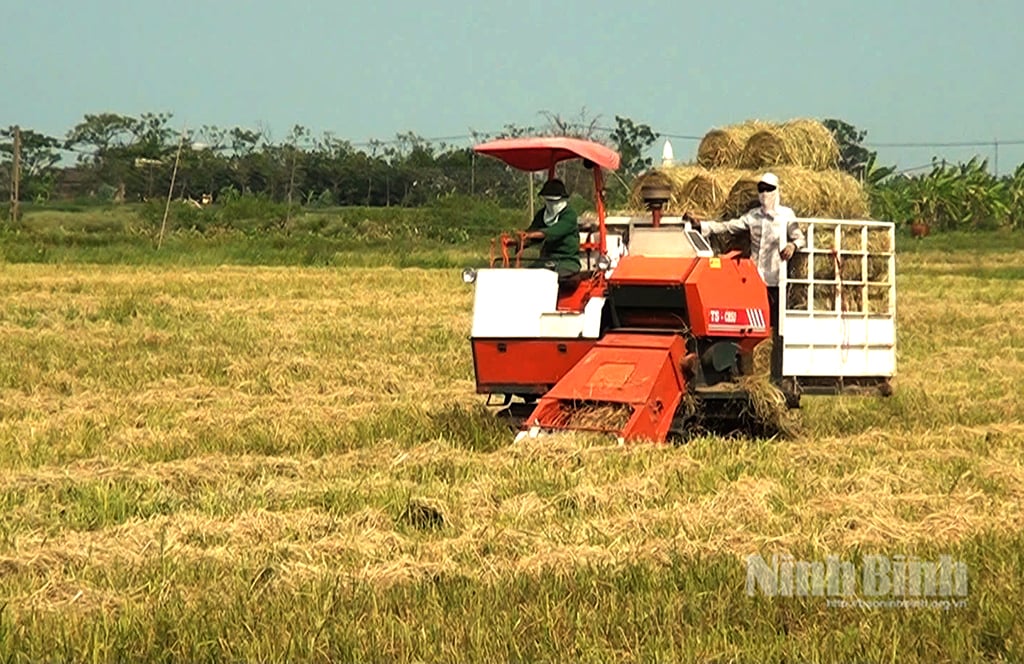
According to a VNA correspondent in Brussels, the study was conducted by a group of scientists from the University of Göttingen (Germany) and the University of Edinburgh (Scotland), based on data from the Food and Agriculture Organization of the United Nations (FAO). The researchers analyzed the self-sufficiency capacity of 186 countries and territories for seven main food groups, including: cereals, vegetables, fruits, starchy foods, dairy products, meat and fish.
According to research results, only Guyana, a South American country with a population of about 800,000 people, is capable of providing all 7 food groups for its people without the need for imports.
Following closely behind are China and Vietnam, two countries that can produce six of the seven essential food groups mentioned above. Vietnam’s position in the top group in terms of food self-sufficiency is attributed to its traditional agricultural strengths, with stable output in many important sectors such as rice, vegetables, seafood, meat and starchy foods.
While many countries around the world rely heavily on food imports, maintaining high levels of domestic production gives Vietnam an important advantage in food security in emergency situations.
Notably, the study also found that most countries in the world have a rather limited level of food self-sufficiency.
Of the 186 countries and territories surveyed, 154 countries are only self-sufficient in 2-5 food groups, while many countries are completely self-sufficient in any food group. Countries and territories with low levels of self-sufficiency include Afghanistan, the United Arab Emirates (UAE), Iraq, Macau (China), Qatar and Yemen, where import dependence is up to 50% of food sources.
“High dependence on imports from a small number of trading partners can make many countries vulnerable to global shocks. Building resilient food supply chains and increasing self-sufficiency are therefore key to protecting public health and ensuring national food security,” said Jonas Stehl, a PhD student at the University of Göttingen and lead author of the study.
The study also emphasized that in the context of increasingly complex climate change and geopolitical instability, ensuring food self-sufficiency has become an issue of strategic significance for each country.
Vietnam is currently one of the world's leading food exporters, while maintaining a diverse and sustainable agricultural production to serve domestic consumption needs. This is considered an important foundation to help Vietnam become more resilient in the face of unpredictable fluctuations in global trade in the future.
Source: https://baoninhbinh.org.vn/viet-nam-thuoc-nhom-nuoc-tu-chu-luong-thuc-hang-dau-691176.htm







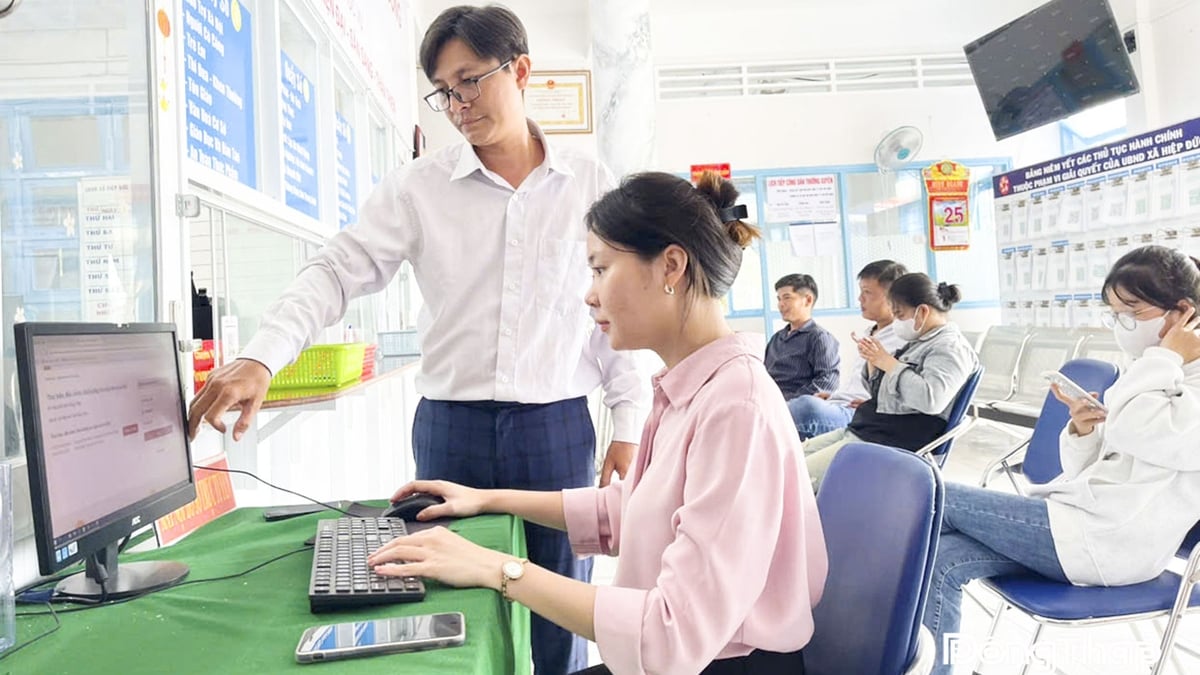

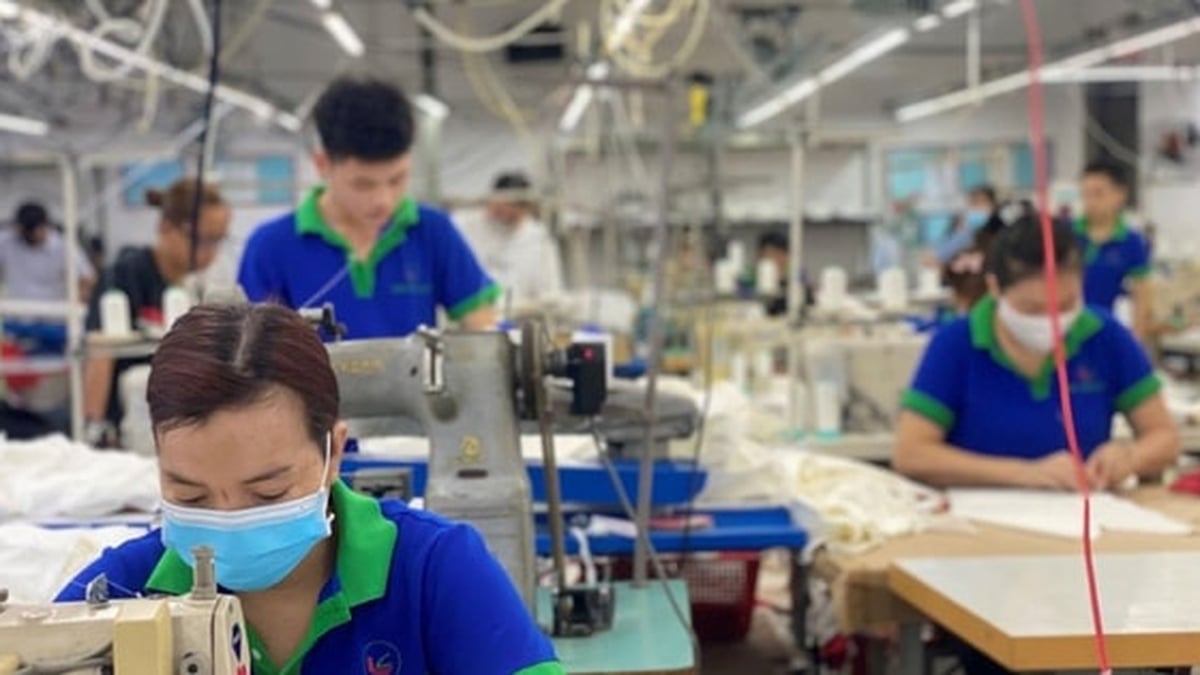
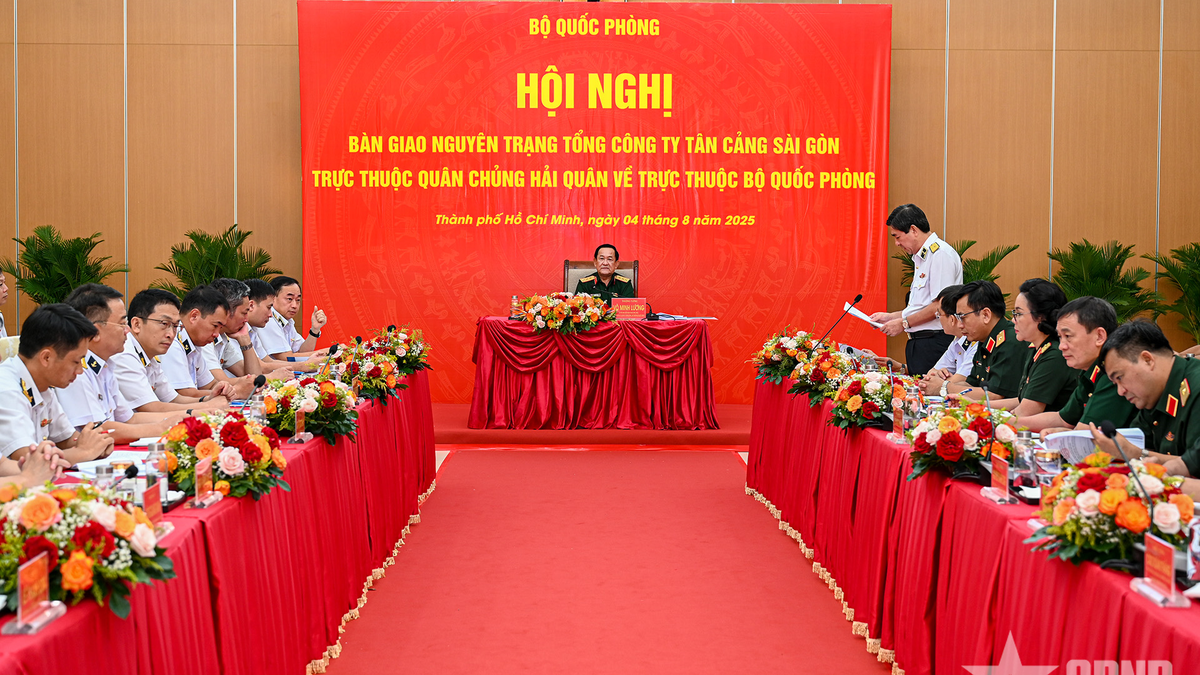











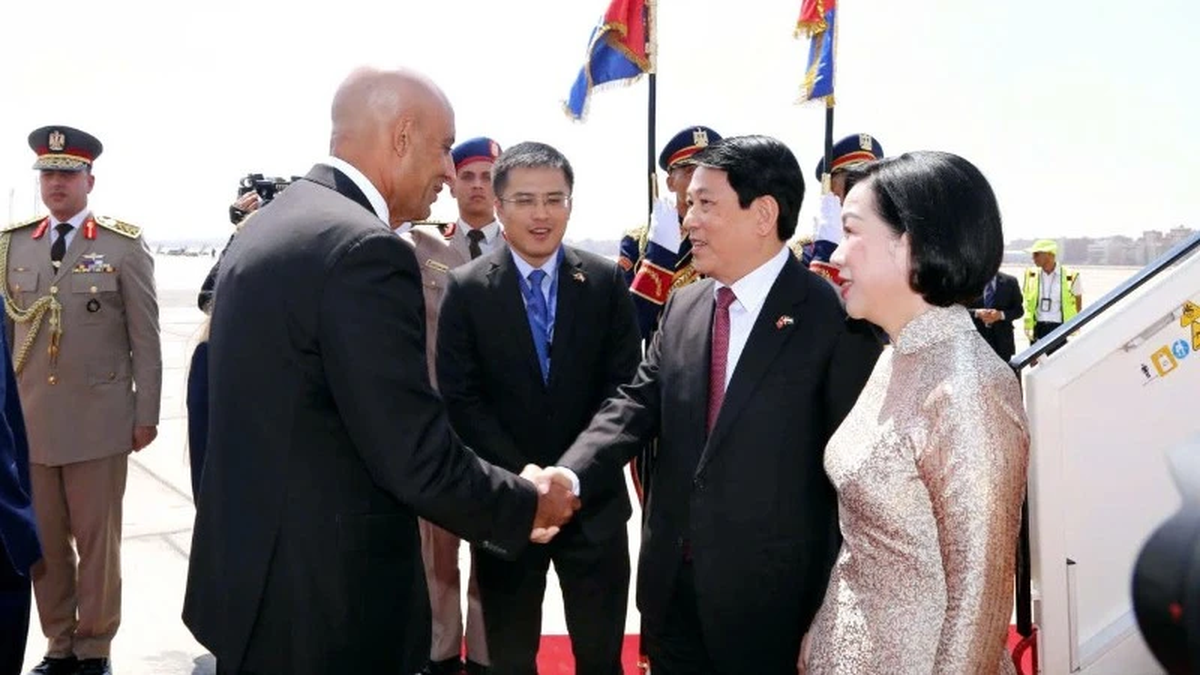












































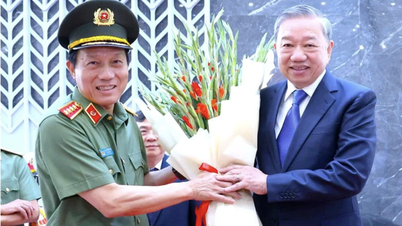
![[Infographic] Traditional friendship and good cooperation between Vietnam and Egypt](https://vphoto.vietnam.vn/thumb/402x226/vietnam/resource/IMAGE/2025/8/4/9a2112b4046e4c128fdcb5403489866a)


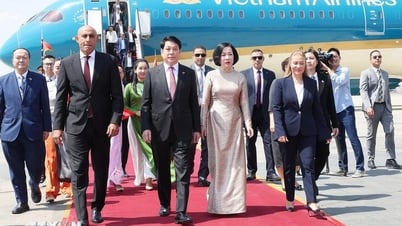





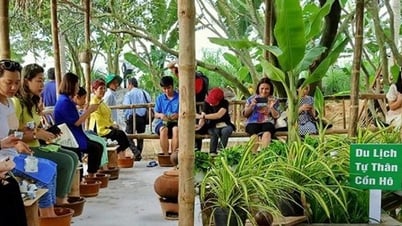




















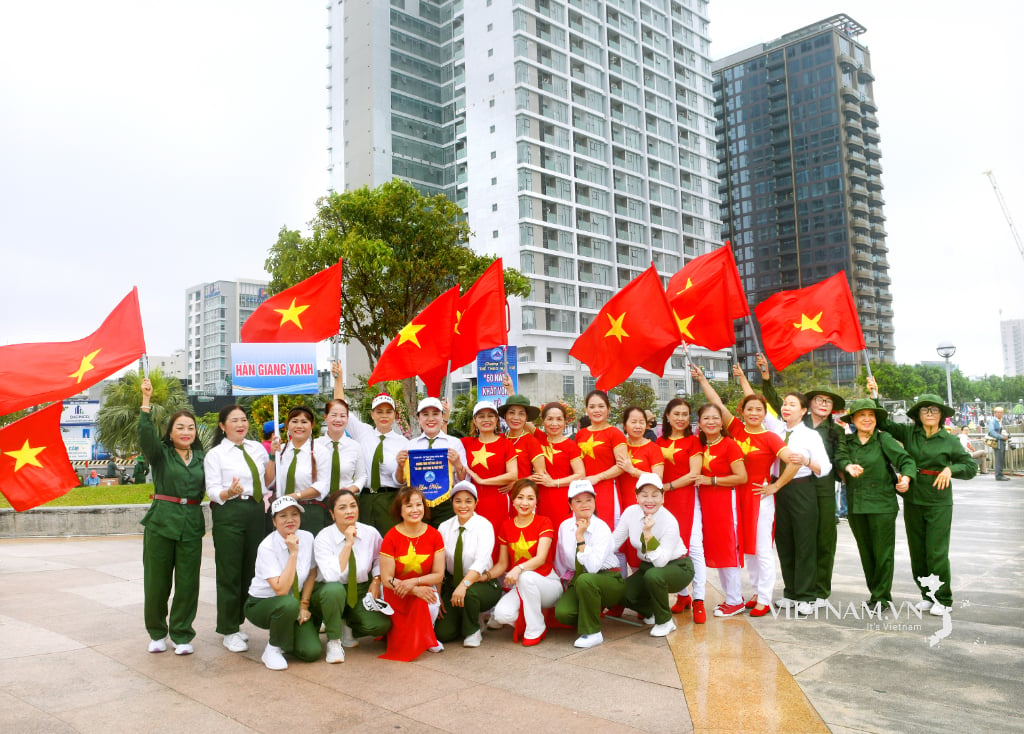

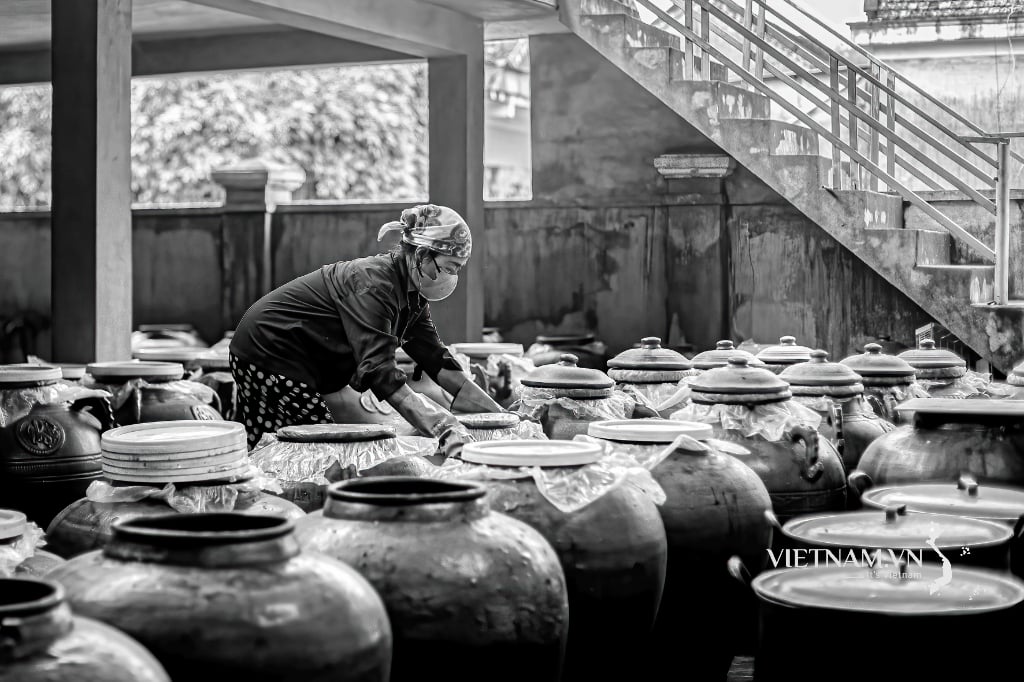
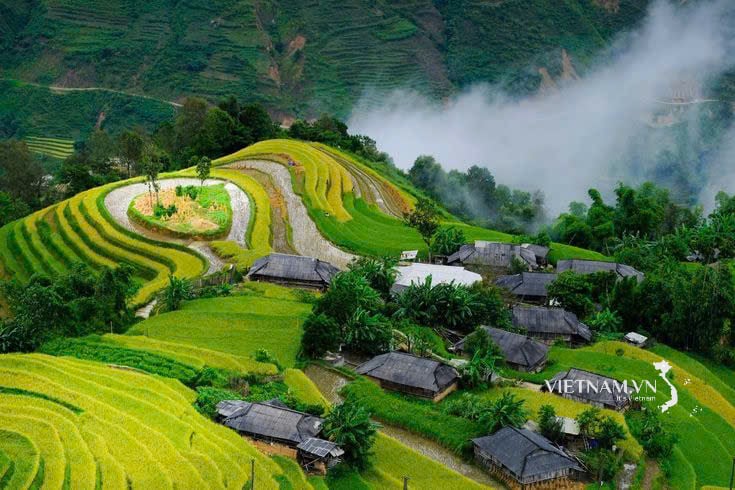
Comment (0)